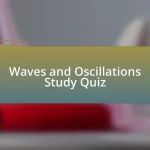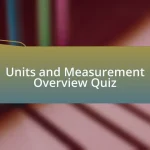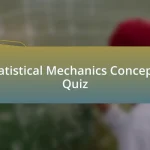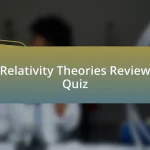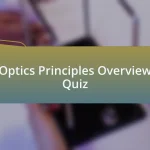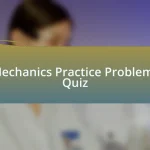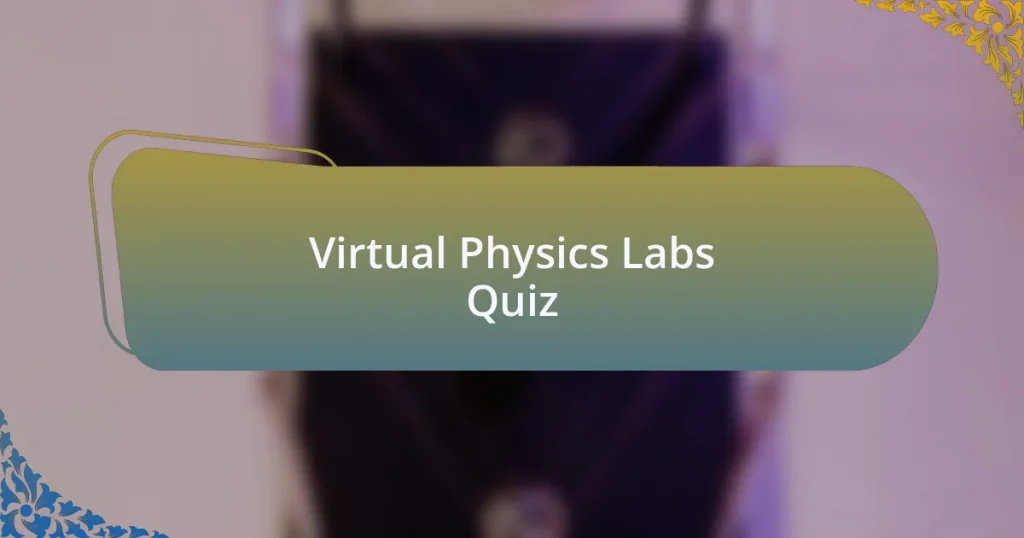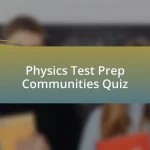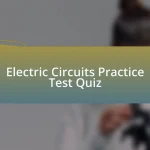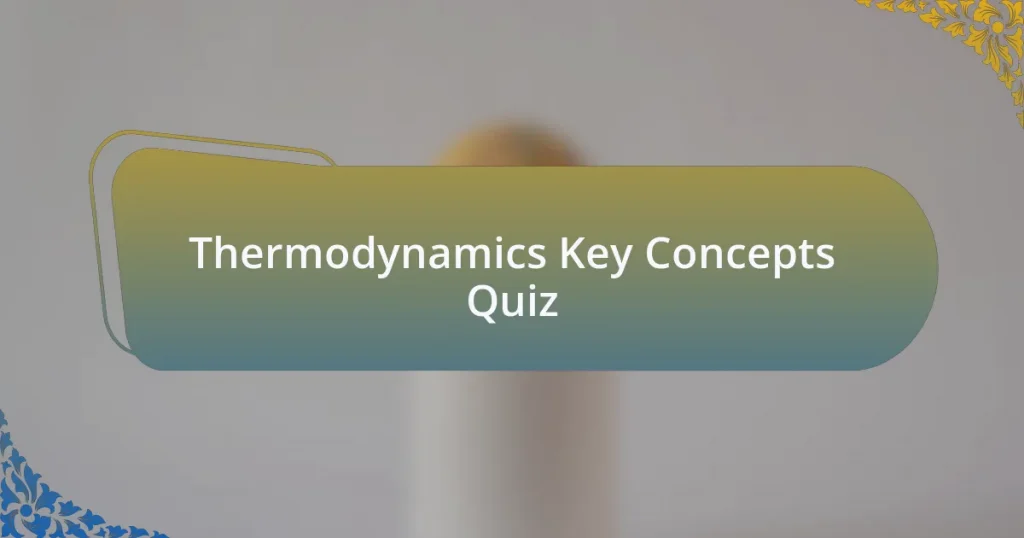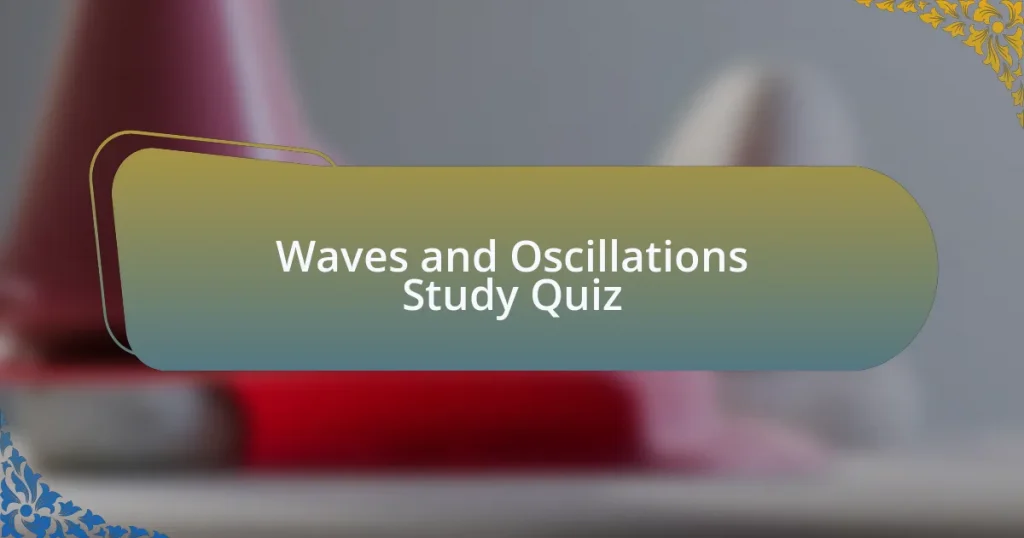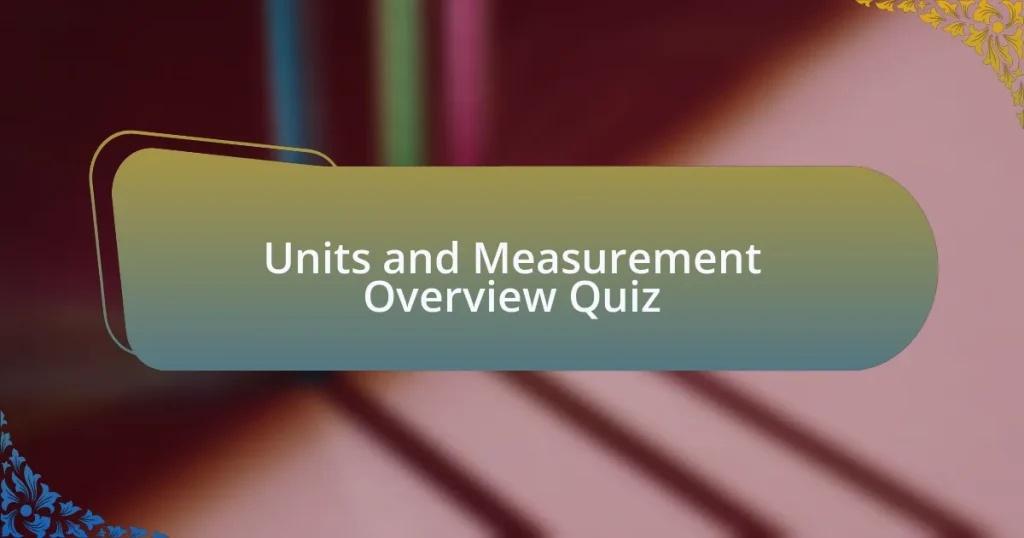Start of Virtual Physics Labs Quiz
1. What is a virtual lab in physics?
- A virtual lab is a simulated environment where students can conduct experiments and investigations using digital tools.
- A virtual lab is an outdoor area for conducting environmental physics research.
- A virtual lab is a book filled with physics experiments and theories.
- A virtual lab is a physical space equipped with traditional lab instruments.
2. What is the purpose of virtual labs in physics education?
- The purpose is to provide a safe and controlled environment for students to learn and practice scientific methods without the need for physical equipment.
- The purpose is to limit student interaction to avoid distractions during experiments.
- The purpose is to replace traditional classrooms completely with online lectures.
- The purpose is to provide free access to all physics textbooks online.
3. How do virtual labs differ from traditional labs?
- Virtual labs do not allow any interaction from students during experiments.
- Virtual labs require students to conduct real experiments in a classroom.
- Virtual labs use digital simulations, whereas traditional labs use physical equipment.
- Virtual labs focus solely on theoretical concepts without practical application.
4. What are some common topics covered in virtual physics labs?
- Common topics include chemistry experiments and biological processes.
- Common topics include mechanics, thermodynamics, electromagnetism, and optics.
- Common topics include mathematics, calculus, and algebra.
- Common topics include historical figures in physics and scientific methods.
5. How do students interact with virtual labs?
- Students interact through physical experiments and manual tools.
- Students interact through lectures and textbooks only.
- Students interact through computer simulations, interactive graphs, and virtual instruments.
- Students interact through group discussions without technology.
6. What are some benefits of using virtual labs in education?
- Virtual labs limit student interaction and collaboration during experiments.
- Virtual labs require expensive physical equipment for operation.
- Virtual labs can only be accessed in the classroom and have no online availability.
- Benefits include reduced costs, increased accessibility, and improved safety.
7. Can virtual labs be used for advanced research?
- Yes, virtual labs can be used for advanced research by providing detailed simulations and data analysis tools.
- No, virtual labs cannot handle complex simulations needed for research.
- No, virtual labs are only for elementary education and not suitable for research.
- Yes, but only for basic experiments and not for advanced research.
8. How do virtual labs help students develop scientific skills?
- Virtual labs teach students through textbook readings and lectures.
- Virtual labs give students a break from studying and allow free play.
- Virtual labs help students develop skills such as data collection, analysis, and interpretation.
- Virtual labs only allow students to watch videos on physics topics.
9. What is the role of technology in virtual physics labs?
- Technology limits the types of experiments students can conduct in physics.
- Technology provides the platform for simulations, data visualization, and interactive tools.
- Technology replaces the need for teachers in virtual physics labs.
- Technology makes physical experiments unnecessary for practical learning.
10. Are virtual labs suitable for all levels of education?
- Yes, virtual labs are suitable for all levels of education from high school to university.
- Yes, virtual labs are only for advanced learners.
- No, virtual labs are only suitable for university-level education.
- No, virtual labs cannot be used in primary education.
11. How do virtual labs support hands-on learning?
- Virtual labs support hands-on learning by providing interactive simulations that mimic real-world experiments.
- Virtual labs make hands-on learning impossible by relying solely on textbook learning.
- Virtual labs restrict students to passive learning without engaging them in experiments.
- Virtual labs only provide theoretical knowledge without any practical applications.
12. Can virtual labs be used to teach complex concepts?
- Yes, virtual labs complicate complex concepts further for students.
- Yes, virtual labs can be used to teach complex concepts by breaking them down into manageable parts.
- No, virtual labs cannot be used for teaching complex concepts effectively.
- No, virtual labs only work for simple concepts and not for advanced topics.
13. What is the significance of data analysis in virtual physics labs?
- Data analysis complicates the understanding of experiments for students.
- Data analysis replaces the need for practical experiments entirely.
- Data analysis is unnecessary since results are always conclusive.
- Data analysis is crucial as it helps students interpret results and draw conclusions from their experiments.
14. How do virtual labs promote collaboration among students?
- Virtual labs eliminate the need for teamwork in experiments.
- Virtual labs discourage communication between students during experiments.
- Virtual labs hinder collaboration by isolating students from each other.
- Virtual labs promote collaboration by allowing students to work together on simulations and share results.
15. Can virtual labs be used for remote learning?
- Yes, but only for in-person classes and workshops.
- Yes, virtual labs can be used for remote learning as they are accessible online.
- No, virtual labs cannot simulate real experiments effectively.
- No, virtual labs require physical equipment to function.
16. What are some common tools used in virtual physics labs?
- Test tubes
- Simulation software
- Lab coats
- Measuring tapes
17. How do virtual labs enhance student engagement?
- Virtual labs enhance student engagement by making learning interactive and fun.
- Virtual labs enhance student engagement by restricting access to materials.
- Virtual labs enhance student engagement by providing textbooks and lectures.
- Virtual labs enhance student engagement by eliminating all technology use.
18. Can virtual labs be customized for specific educational needs?
- No, customization is only available for physical labs.
- No, virtual labs cannot be customized for any purpose.
- Yes, but only for university-level courses, not for high school.
- Yes, virtual labs can be customized to meet specific educational needs by tailoring the simulations and activities.
19. What is the role of instructors in virtual physics labs?
- Instructors grade exams and assign homework without providing support.
- Instructors are only present to monitor student attendance during virtual labs.
- Instructors create computer simulations and conduct experiments for students.
- Instructors provide guidance, support, and feedback to students as they conduct their experiments.
20. How do virtual labs support STEM education?
- Virtual labs are primarily used for administrative tasks and do not enhance learning.
- Virtual labs support STEM education by providing hands-on experience with scientific concepts and methods.
- Virtual labs only offer theoretical lessons with no practical application.
- Virtual labs are limited to math education and cannot support science subjects.
21. Can virtual labs be used for formative assessments?
- No, virtual labs cannot be used for any assessments.
- No, virtual labs are only for summative assessments.
- Yes, virtual labs can be used for formative assessments to evaluate student understanding and progress.
- Yes, but only for advanced research assessments.
22. What are some challenges associated with implementing virtual labs?
- Challenges include ensuring internet connectivity, managing technical issues, and providing adequate support.
- Challenges include requiring more classroom time, enhancing the complexity of labs, and avoiding online resources.
- Challenges include creating physical equipment, limiting student interaction, and increasing costs.
- Challenges include reducing accessibility, eliminating safety measures, and decreasing student engagement.
23. How do virtual labs facilitate inquiry-based learning?
- Virtual labs provide fixed experiments that cannot be modified by students.
- Virtual labs are limited to theoretical concepts without practical applications.
- Virtual labs prevent collaboration, keeping students working alone.
- Virtual labs facilitate inquiry-based learning by allowing students to design and conduct their own experiments.
24. Can virtual labs be integrated with other educational tools?
- Yes, but only in physical classrooms.
- Yes, but only with text-based resources.
- Yes, virtual labs can be integrated with other educational tools.
- No, virtual labs cannot work with other educational tools.
25. What is the impact of virtual labs on student outcomes?
- Virtual labs are solely for entertainment and do not aid learning.
- Virtual labs have no measurable effect on student performance.
- Virtual labs confuse students and make learning difficult.
- Virtual labs have been shown to improve student outcomes by increasing understanding and retention of scientific concepts.
26. How do virtual labs support differentiated instruction?
- Virtual labs restrict the instructional methods teachers can use in the classroom.
- Virtual labs are designed solely for high-achieving students.
- Virtual labs only provide a uniform learning experience for all students.
- Virtual labs support differentiated instruction by allowing teachers to tailor the content and activities to meet the needs of diverse learners.
27. Can virtual labs be used for professional development of teachers?
- No, virtual labs are only for student use and cannot aid teachers` growth.
- Yes, virtual labs are mainly for entertainment and not suitable for educators` training.
- No, virtual labs are too complex for teachers to use in their professional development.
- Yes, virtual labs can be used for professional development of teachers by providing them with training on new teaching methods and technologies.
28. What are some best practices for implementing virtual labs effectively?
- Best practices include ensuring clear instructions, providing adequate technical support, and encouraging active participation.
- Best practices involve limiting collaboration, minimizing technical support, and focusing solely on individual tasks.
- Best practices require only written instructions without demonstrations, lack support, and discourage student interaction.
- Best practices suggest avoiding feedback, providing confusing instructions, and isolating students from each other.
29. How do virtual labs support project-based learning?
- Virtual labs simplify project-based learning by offering only theoretical information.
- Virtual labs hinder project-based learning by limiting experiments to predefined scenarios.
- Virtual labs support project-based learning by allowing students to design and conduct comprehensive projects that integrate multiple scientific concepts.
- Virtual labs discourage creativity as they provide no room for custom projects.
30. Can virtual labs be used for interdisciplinary studies?
- Interdisciplinary studies require physical labs only.
- No, virtual labs cannot be used for interdisciplinary studies.
- Yes, virtual labs can be used for interdisciplinary studies.
- Virtual labs only focus on physics topics exclusively.
Quiz Completed Successfully!
Congratulations on completing the quiz on Virtual Physics Labs! This is a significant step in your Physics Test Preparation journey. You’ve explored concepts that not only enhance your understanding of physics but also demonstrate how technology can invigorate traditional learning methods. Through this quiz, you may have learned about the benefits of virtual labs, such as the ability to conduct experiments that are otherwise difficult or impossible to execute in a real-world setting.
Engaging with the material through quizzes helps reinforce your knowledge and identify areas where you may want to explore further. You likely discovered different virtual tools and resources that can aid your study process. Additionally, you gained insights into how simulations can provide deeper comprehension of complex physical principles, making your overall learning experience more interactive and enjoyable.
We encourage you to continue your exploration of Virtual Physics Labs by checking out the next section on this page. Here, you’ll find comprehensive information designed to expand your understanding even further. Whether you’re preparing for exams or simply looking to enhance your knowledge, this will be an invaluable resource. Happy studying!
Virtual Physics Labs
Understanding Virtual Physics Labs
Virtual physics labs are online platforms that simulate real-world physics experiments and concepts. They allow students to engage in virtual experiments without needing physical lab equipment. This creates a flexible learning environment where students can experiment with various variables and observe outcomes. Research shows that these labs enhance student understanding and retention of physics concepts, making them a valuable tool in education.
The Role of Virtual Physics Labs in Test Preparation
Virtual physics labs provide interactive experiences that are beneficial for test preparation. By allowing students to conduct experiments, these labs reinforce theoretical knowledge through practical application. Students can practice problems, visualize concepts, and conduct simulations aligned with test formats. Utilizing these labs can lead to improved performance on physics exams, supported by studies indicating better test scores among users.
Features of Effective Virtual Physics Labs
Effective virtual physics labs include interactive simulations, real-time feedback, and a user-friendly interface. They often feature various tools to manipulate variables and collect data. Such features promote active learning and critical thinking. The inclusion of comprehensive tutorials and guided experiments further supports students in grasping complex topics. These characteristics contribute to enhancing learning efficiency and success on assessments.
Comparing Virtual and Traditional Physics Labs
Virtual physics labs differ from traditional labs primarily in accessibility and cost. Virtual labs can be accessed anytime and anywhere, eliminating the need for physical space and resources. This aspect makes them more affordable and scalable. Additionally, virtual labs often provide a wider range of experiments than are feasible in a typical classroom setting, thus broadening learning opportunities and experiences for students.
The Future of Virtual Physics Labs in Education
The future of virtual physics labs appears promising as technology advances. Integrations with artificial intelligence and augmented reality can further enhance the learning experience. Schools and institutions are increasingly recognizing the importance of these tools in modern education. The shift towards hybrid learning environments indicates that virtual labs will play a significant role in curriculum development and student assessment in physics.
What are Virtual Physics Labs?
Virtual Physics Labs are interactive online platforms that simulate real-world physics experiments. They allow students to conduct experiments and gain practical experience remotely. According to a study by the Journal of Science Education and Technology, virtual labs improve understanding of physics concepts significantly. They provide opportunities for experimentation without the need for physical materials, making physics accessible to more learners.
How do Virtual Physics Labs aid in Physics Test Preparation?
Virtual Physics Labs aid in Physics Test Preparation by providing hands-on experience with core concepts. Students can practice simulations that mimic real-life scenarios and laboratory experiments, reinforcing theoretical knowledge. Research shows that active learning techniques, such as simulations, enhance retention and problem-solving skills, which are crucial for test success.
Where can students access Virtual Physics Labs?
Students can access Virtual Physics Labs through educational platforms, university websites, and dedicated online lab service providers. Notable examples include Labster and PhET Interactive Simulations, which host a variety of simulations covering different physics topics. These platforms are often free or available through institutional subscriptions, broadening access to quality educational resources.
When are Virtual Physics Labs most beneficial for students?
Virtual Physics Labs are most beneficial during exam preparation periods or when new concepts are introduced. They allow students to reinforce their understanding through practical application. Data from the National Center for Education Statistics indicates that hands-on learning experiences result in higher engagement and improved academic performance, particularly during critical learning phases.
Who can benefit from using Virtual Physics Labs?
Students of all educational levels—from high school to university—can benefit from using Virtual Physics Labs. They cater to those studying physics directly and can also assist in related fields such as engineering. The flexibility of virtual labs allows learners to experiment at their own pace, accommodating diverse learning styles and schedules.

